
Factory Man
How One Furniture Maker Battled Offshoring, Stayed Local – and Helped Save an American Town
Read or listen offline
Recommendation
Economists call it “creative destruction” and teach that capitalism’s evolution is necessarily messy. According to this theory, unemployment, ruined companies and disappearing industries are the price of progress. John D. Bassett III, of Virginia’s Vaughan-Bassett Furniture, wasn’t buying it. Journalist Beth Macy traces his quest to preserve his family factory and save the jobs of the 700 people who work there as he proves that one person can make a difference. He’s a colorful character – a crusty, stubborn southerner who outmaneuvers the Chinese, battles his own retailers, fights job migration and relentlessly pushes his workers while just as tenaciously going to bat for them. By boosting his plant’s efficiency and battling unfair trade practices, he saved the factory and turned it into the US’s top bedroom furniture maker. Macy’s prose paints a vivid portrait of the almost-feudal world of a southern company town, from the shacks by the river to the mansions on the hill, with the factory roaring at the center. getAbstract recommends this inspiring saga to managers, entrepreneurs, small-business owners and CEOs contending with globalization.
Summary
About the Author
Beth Macy writes for the Roanoke Times. She received a Nieman Fellowship in Journalism at Harvard in 2010 and won the 2013 J. Anthony Lukas Work-In-Progress Award for Factory Man.









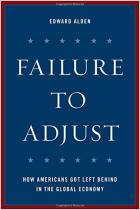
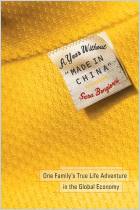

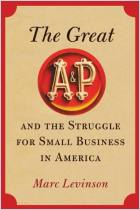
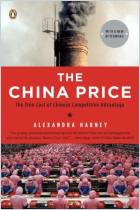
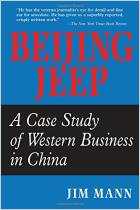


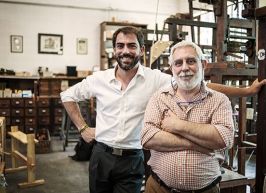




Comment on this summary or Start Discussion